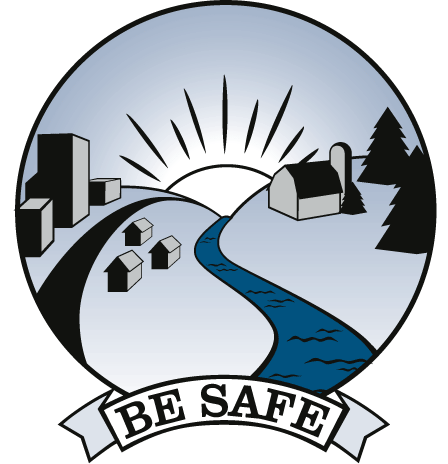![]()
![]()
![]()
Just Transition
From
Unsafe Workplaces &
Environments to Sustainable Jobs
&
Healthy
Communities

What Is �Just Transition�?
�Just Transition� is a principle, process, and practice to ensure there is justice for workers and communities as our country transitions to a clean environment and healthier economy. The principle of Just Transition is that a healthy economy and a clean environment can and should co-exist. The process for achieving this vision should be a fair one that does not cost workers and communities their health, environment, jobs, or economic assets, and fairly compensates any losses. The practice of Just Transition is to put the people who are most affected by polluting industrial practices�the frontline workers and the fence line communities�in the leadership of crafting policy solutions.
Why Do We Need It?
Just Transition is about achieving a sustainable economy in communities where polluting industries are transitioning to cleaner ways of doing business. We need to make sure environmental victories�such as shutting down polluting facilities�don�t become economic and personal disasters for workers and communities. Communities that will lose income, benefits, and tax bases as local industries make environmentally sound transitions should be provided with support from government and industry to retrain workers and clean up contaminated neighborhoods that may be left behind.
Who Is Involved?
Since 1996, the Just Transition movement has been building a voluntary coalition of labor and environmental justice activists who are creating a dialogue on Just Transition issues on local, national, and international levels. The process of Just Transition from unsafe workplaces and environments to healthy, viable communities with a sustainable economy is building momentum. The Just Transition coalition provides valuable tools such as educational workshops, joint fundraising, local organizing partnerships, and policy development.
BE SAFE: Take Precautionary Action to Protect Communities & Workers